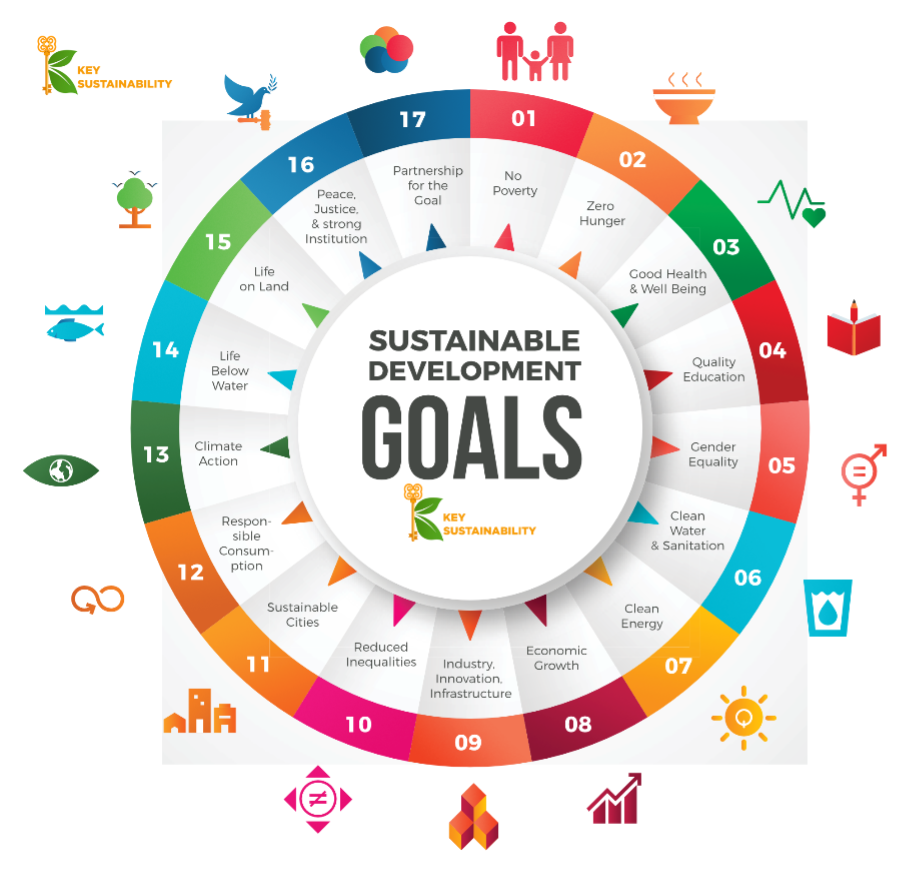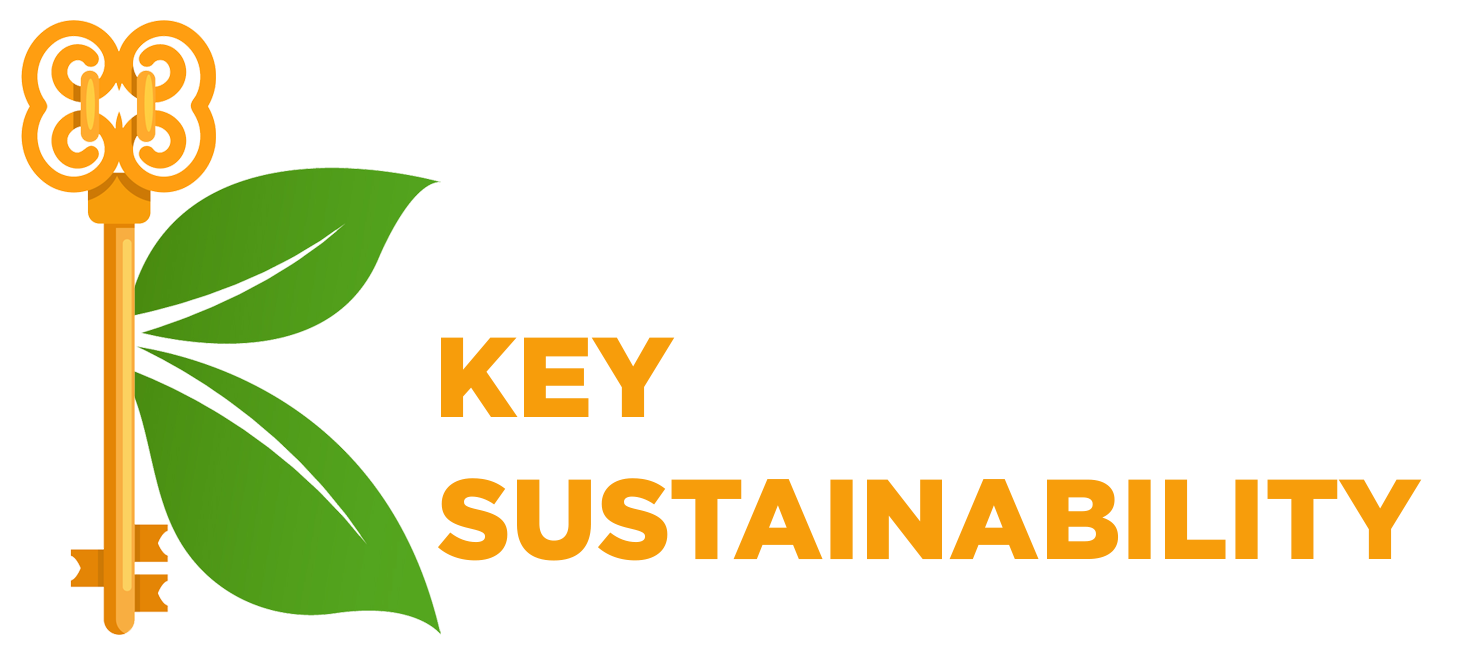The United Nations Sustainable Development Goals (UN SDGs), established in 2015, are a universal call to action to end poverty, protect the planet, and ensure that all people enjoy peace and prosperity by 2030. These 17 interconnected goals provide a blueprint for a more sustainable future for all.
The Goals
The 17 SDGs are comprehensive and interlinked, spanning economic, environmental, and social needs. They include:

- No Poverty: Eradicating poverty in all its forms remains one of the greatest challenges facing humanity.
- Zero Hunger: Aiming to end hunger, achieve food security, improve nutrition, and promote sustainable agriculture.
- Good Health and Well-being: Ensuring healthy lives and promoting well-being at all ages is essential to sustainable development.
- Quality Education: Obtaining a quality education is the foundation to creating sustainable development.
- Gender Equality: Gender equality is not only a fundamental human right, but a necessary foundation for a peaceful, prosperous, and sustainable world.
- Clean Water and Sanitation: Clean, accessible water for all is an essential part of the world we want to live in.
- Affordable and Clean Energy: Energy is central to nearly every major challenge and opportunity the world faces today.
- Decent Work and Economic Growth: Sustainable economic growth will require societies to create the conditions that allow people to have quality jobs.
- Industry, Innovation, and Infrastructure: Investments in infrastructure are crucial to achieving sustainable development.
- Reduced Inequalities: To reduce inequalities, policies should be universal in principle, paying attention to the needs of disadvantaged and marginalized populations.
- Sustainable Cities and Communities: Cities are hubs for ideas, commerce, culture, science, productivity, social development and much more.
- Responsible Consumption and Production: Ensuring sustainable consumption and production patterns.
- Climate Action: Climate change is a global challenge that affects everyone, everywhere.
- Life Below Water: Careful management of this essential global resource is a key feature of a sustainable future.
- Life on Land: Sustainably manage forests, combat desertification, halt and reverse land degradation, halt biodiversity loss.
- Peace, Justice, and Strong Institutions: Access to justice for all, and building effective, accountable institutions at all levels.
- Partnerships for the Goals: Revitalize the global partnership for sustainable development.
The Importance of the SDGs
The SDGs recognize that ending poverty must go hand-in-hand with strategies that build economic growth and address a range of social needs including education, health, social protection, and job opportunities, while tackling climate change and environmental protection. They are an urgent call for action by all countries – developed and developing – in a global partnership.
The UN SDGs are more than just a vision for the future. They are a roadmap for governments, businesses, and civil society to work together to build a better world for future generations. Achieving these goals will require an unprecedented effort by all sectors of society; and every one of us has a role to play.
As a service provider, we invite you to engage with us for a deeper understanding of the United Nations Sustainable Development Goals. Together, we can fulfil the requirements of Environmental, Social, and Governance (ESG) criteria. Let’s collaborate to make a difference.

